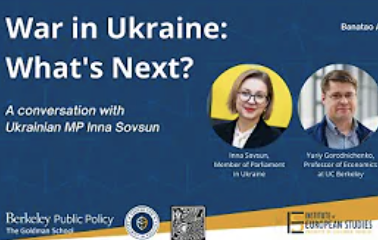
War in Ukraine: What’s Next? A conversation with Ukrainian MP Inna Sovsun
It’s been nearly 9 months since Russia launched a full-scale military invasion into Ukraine on February 24, 2022. According to the United Nations, the war

It’s been nearly 9 months since Russia launched a full-scale military invasion into Ukraine on February 24, 2022. According to the United Nations, the war
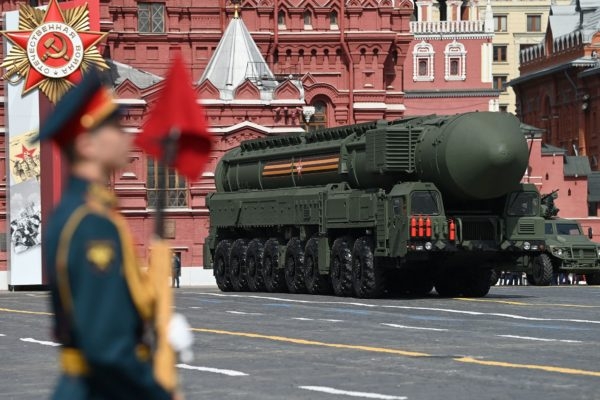
The Russian war in Ukraine is far from being over, but perhaps it is a natural time to think about what will happen after the
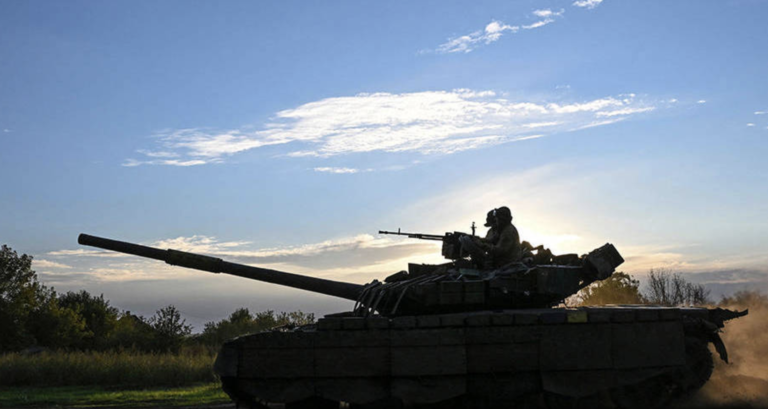
Despite the massive material and military support the West has provided to Ukraine, the impulse to appease the Kremlin lingers, because many Western leaders fear
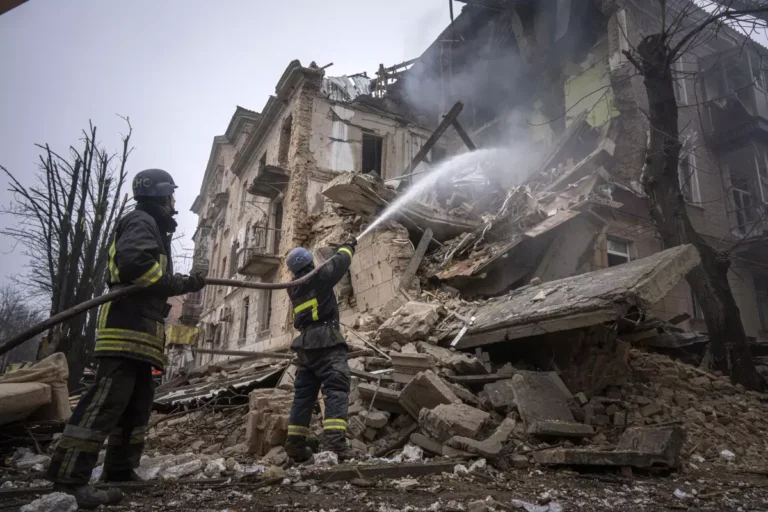
For the last several months, Western observers have watched Russia systematically destroy Ukrainians’ access to electricity, heating and technology by targeting civilian power and communications
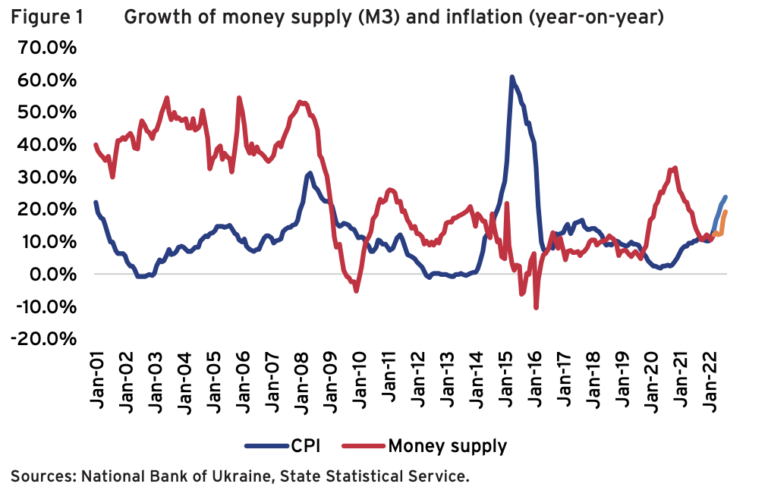
There is a risk that Ukraine’s war effort may be undermined by inadequate external support, leading to excessive reliance on monetary financing, which would drive
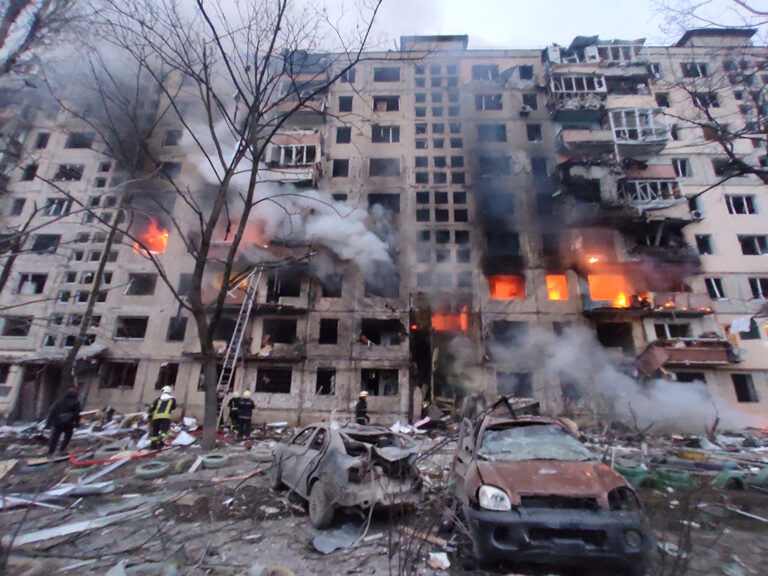
After failing to capture Kyiv, the Kremlin focused its efforts on seizing and holding Donbas region and the south of Ukraine. In Donbass, Kremlin’s scorched-earth tactics have recently stalled. Russia’s slow advance in Ukraine combined with substantial military casualties mean that Putin desperately needs a pause in the war to regain his army’s weakening strength. This may temporarily freeze the conflict, but it will not bring a permanent peace to Europe.
By Olena Stavrunova and Mats Marcusson

Ukraine’s integration into the EU has many powerful advocates from the European Commission President to about 90% of Ukrainian people (Rating Group Ukraine, 2022). Certainly
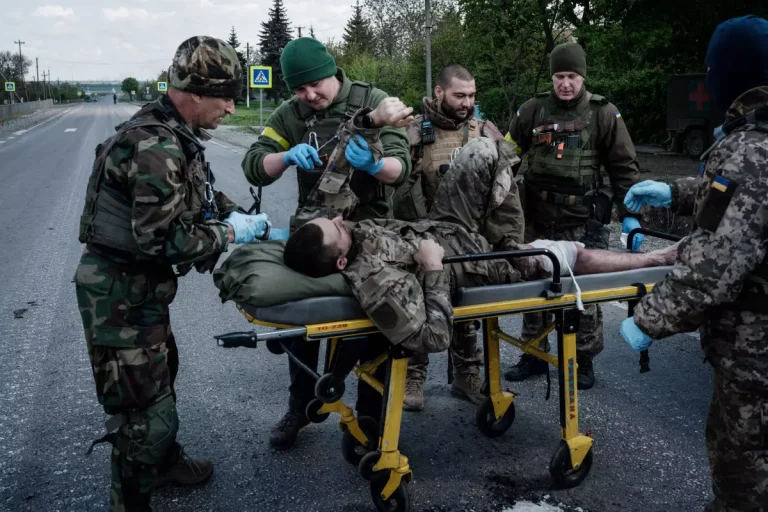
As economists specializing in behavioral economics and game theory, we teach strategic concepts from game theory to our business students. The same ideas can help us understand Russia’s current moves, predict its future behavior and derive the best strategies to achieve long-term goals.
By Anastassia Fedyk and David McAdams
Donations are collected through the AI for Good Foundation, an IRS 501(c)3 Public Charity (81-1631000)